detail profile francesco barilli
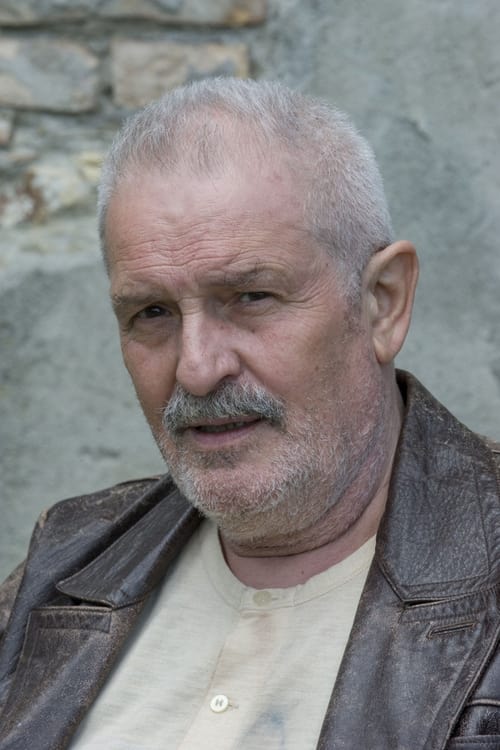
Riwayat Hidup
Francesco Barilli was born on February 4, 1943 in Parma, Emilia-Romagna, Italy.
He is a director and writer, known for L'Urlo (2019), Hotel Fear (1978) and The Perfume of the Lady in Black (1974).
Info Pribadi
Peran Yang Di Mainkan Francesco Barilli
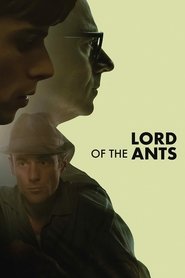 Based on true events of the...
Based on true events of the...Lord of the Ants 2022
Based on true events of the late 60s in Italy, poet, playwright and myrmecologist Aldo Braibanti is prosecuted and sentenced to prison for the love he shares with his barely-of-age pupil and friend, Ettore. Amidst a chorus of voices of accusers, supporters and a largely hypocritical public, a single committed journalist takes on the task of piecing together the truth, between secrecy and desire, facing suspicion and censorship in the process.
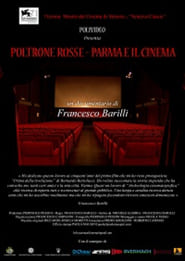 The relations between Parma and cinema...
The relations between Parma and cinema...Red Chairs - Parma and the Cinema 2014
The relations between Parma and cinema were so strong for almost the whole of the twentieth century that this city became an early laboratory of ideas and theories on cinema and a set chosen by some of the greatest Italian authors and beyond. Furthermore, a considerable number of directors, actors, screenwriters and set designers were born in Parma who have made their way internationally, testifying to the fact that in this small city in Northern Italy there was a decidedly cinematic air. Red armchairs takes up the thread of this story, wondering why, unique among the Italian provincial cities, Parma has given so much to the cinema, accompanying the viewer on a journey backwards that from the first projections of the Lumière cinema reaches the ultramodern experience of new multiplexes. During this journey we will meet the characters who created the conditions for this diffusion of cinematographic culture in Parma.
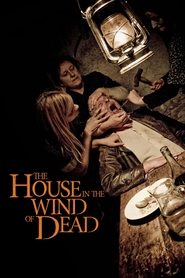 Italy 1947 Attilio is a Fascist and...
Italy 1947 Attilio is a Fascist and...The House in the Wind of the Dead 2012
Italy, 1947. Attilio is a Fascist and disgraced former movie star. Out of desperation, he joins a band of robbers for a heist. After the robbery, Attilio and the robbers take refuge in a house that proves to be deadly.
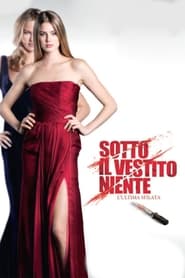 The triumph of the designer Federico...
The triumph of the designer Federico...The Last Fashion Show 2011
The triumph of the designer Federico Marinoni in the world of Milanese fashion was marred by the tragic death of the maison's main model and the designer's muse, Alexandra Larsson, who was hit by a hit-and-run car while on her way to celebrate her consecration as a top model .
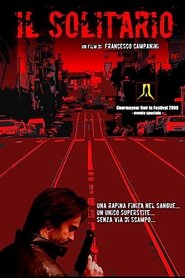 A threebillionlire hit A bloody holdup...
A threebillionlire hit A bloody holdup...Solitaire 2008
A three-billion-lire hit. A bloody hold-up. A sole survivor. Hunted down by fate and ruthless gangsters, Leo Piazza finds himself with a "hot" suitcase on his hands. Forced to go into hiding, time is running out. The killers want him dead so they can retrieve the loot and the showdown draws near... A nocturnal and silent anti-hero, Piazza moves like a zombie, like the living dead.
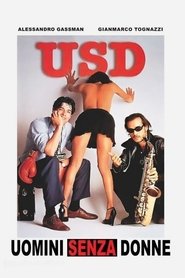 Alex and Max are two bachelors...
Alex and Max are two bachelors...Uomini senza donne 1996
Alex and Max are two "bachelors" who share the same house: Alex, advertising copywriter, is boxing, is an impenitent dongiovanni and does not hesitate to betray his colleague and girlfriend Paola; Max, saxophonist, neglects his ulcer and is attracted, yes, but also scared, by women.
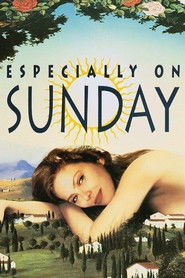 Four lighthearted stories set in the...
Four lighthearted stories set in the...Especially on Sunday 1991
Four lighthearted stories set in the idyllic Italian countryside: an old grouch is befriended by a stray dog; a lonely widow spies on her newly-wed son and daughter-in-law; a German tourist tries to seduce a younger nurse. The fourth segment was cut in the US by its distributor Miramax.
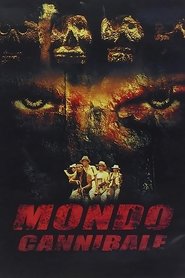 A photographer in the rain forest...
A photographer in the rain forest...Man from Deep River 1972
A photographer in the rain forest is captured by wild natives, and after months of living with them, he marries the chief's daughter and helps protect the village from a vicious cannibal tribe.
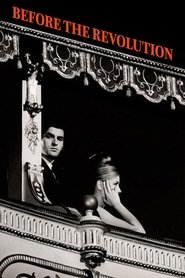 The study of a youth on...
The study of a youth on...Before the Revolution 1964
The study of a youth on the edge of adulthood and his aunt, ten years older. Fabrizio is passionate, idealistic, influenced by Cesare, a teacher and Marxist, engaged to the lovely but bourgeois Clelia, and stung by the drowning of his mercurial friend Agostino, a possible suicide. Gina is herself a bundle of nervous energy, alternately sweet, seductive, poetic, distracted, and unhinged. They begin a love affair after Agostino's funeral, then Gina confuses Fabrizio by sleeping with a stranger. Their visits to Cesare and then to Puck, one of Gina's older friends, a landowner losing his land, dramatize contrasting images of Italy's future. Their own futures are bleak.
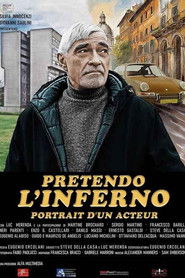
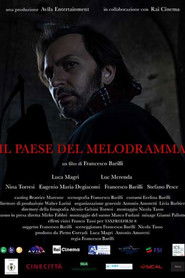
 A woman becomes obsessed with a...
A woman becomes obsessed with a...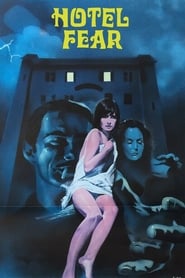 A young girl and her mother...
A young girl and her mother...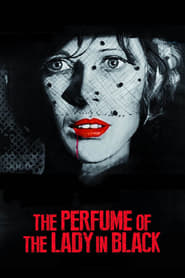 Sylvia an industrial scientist is troubled...
Sylvia an industrial scientist is troubled...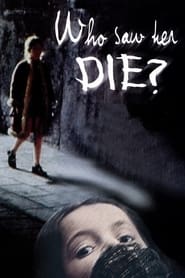 Between a fouryear gap in the...
Between a fouryear gap in the... A man and his son take...
A man and his son take...